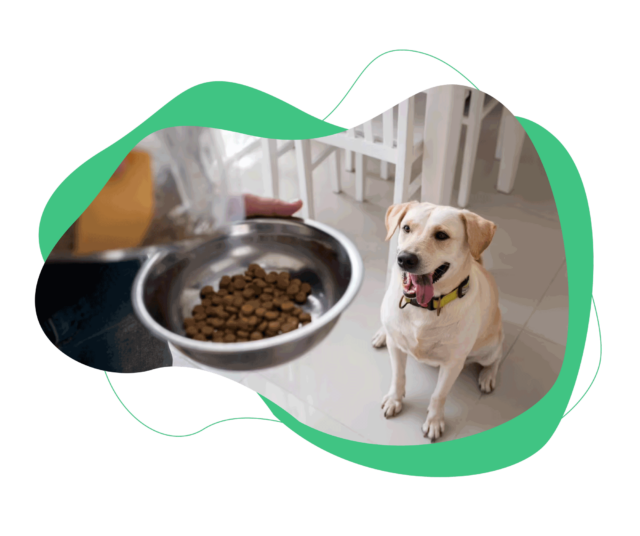
As our loyal companions journey through life by our side, they eventually reach their golden years. Just like us, dogs undergo changes as they age, requiring special attention and care to ensure their well-being and happiness. In this blog post, we will explore the world of senior dogs, understanding their unique needs and providing guidance for their care.
Understanding Aging in Dogs:
Much like humans, dogs experience a gradual decline in physical and mental capacities as they age. The exact age at which a dog is considered a senior varies depending on factors such as breed and size. Generally, larger breeds tend to age faster than smaller ones. Signs of aging may include reduced mobility, changes in appetite, dental issues, and even cognitive changes.
Tailoring Nutrition to Senior Dogs:
One of the most crucial aspects of caring for a senior dog is ensuring they receive proper nutrition. Their dietary requirements change as their metabolism slows down. Switching to a high-quality, senior-specific dog food can help address their changing nutritional needs. Foods rich in antioxidants, joint-supporting nutrients, and easily digestible proteins are often recommended to maintain their overall health.

Joint Health and Exercise:
Aging dogs are prone to joint issues such as arthritis, which can affect their mobility and comfort. Regular, low-impact exercise helps keep their joints limber and muscles strong. Short, gentle walks and swimming are great options. Consider providing soft bedding to support their joints and make their resting areas comfortable.
Dental Care for Senior Dogs:
Dental health becomes increasingly important in a dog’s senior years. Regular dental check-ups and cleanings can prevent gum disease and tooth loss. Additionally, providing dental chews and toys can help keep their teeth clean and promote better oral hygiene.
Embracing Mental Stimulation:
Senior dogs can experience cognitive changes like dementia in humans. Mental stimulation becomes crucial to prevent cognitive decline. Engage your furry friend with puzzle toys, interactive games, and training sessions. These activities not only provide mental exercise but also strengthen the bond between you and your senior dog.
Regular Veterinary Visits:
Frequent visits to the veterinarian become even more important as your dog ages. Regular check-ups can help catch potential health issues early, allowing for prompt intervention and management. Discuss with your vet about any changes in your dog’s behavior or health, as they might indicate underlying problems.

Connecting Care with Pet Habit:
As we invest time and love in caring for our senior dogs, technology like Pet Habit can offer valuable support. Pet Habit’s behavioral monitoring platform provides real-time insights into your dog’s behavior and health. For senior dogs, this means tracking changes in their daily routines, sleep patterns, and overall behavior.
Pet Habit’s platform enables you to monitor these patterns remotely and in real-time. If there are any deviations or signs of discomfort, you can promptly address them with the help of insights provided by the Pet Habit application. This proactive approach to pet care ensures that your senior pup receives immediate attention when needed.
In conclusion, embracing your dog’s senior years with love and tailored care, combined with the advanced capabilities of Pet Habit, can truly make a difference in their happiness and overall health. Understanding their changing needs and providing the best possible environment becomes a collaborative effort, ensuring that your senior dog enjoys a life filled with comfort, joy, and the benefits of cutting-edge technology.


